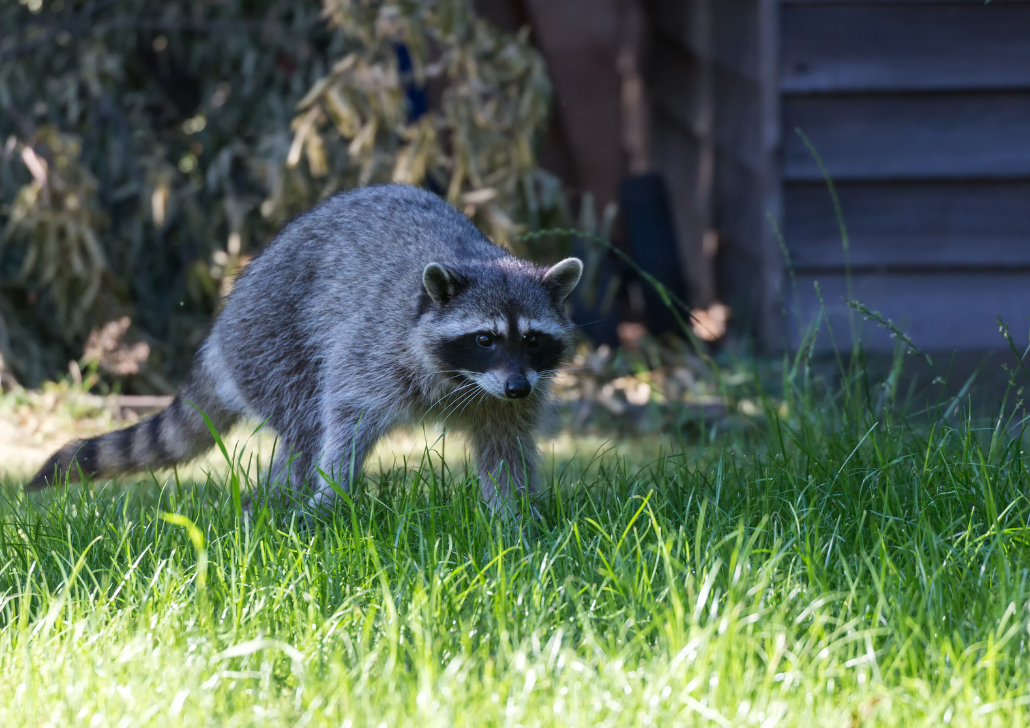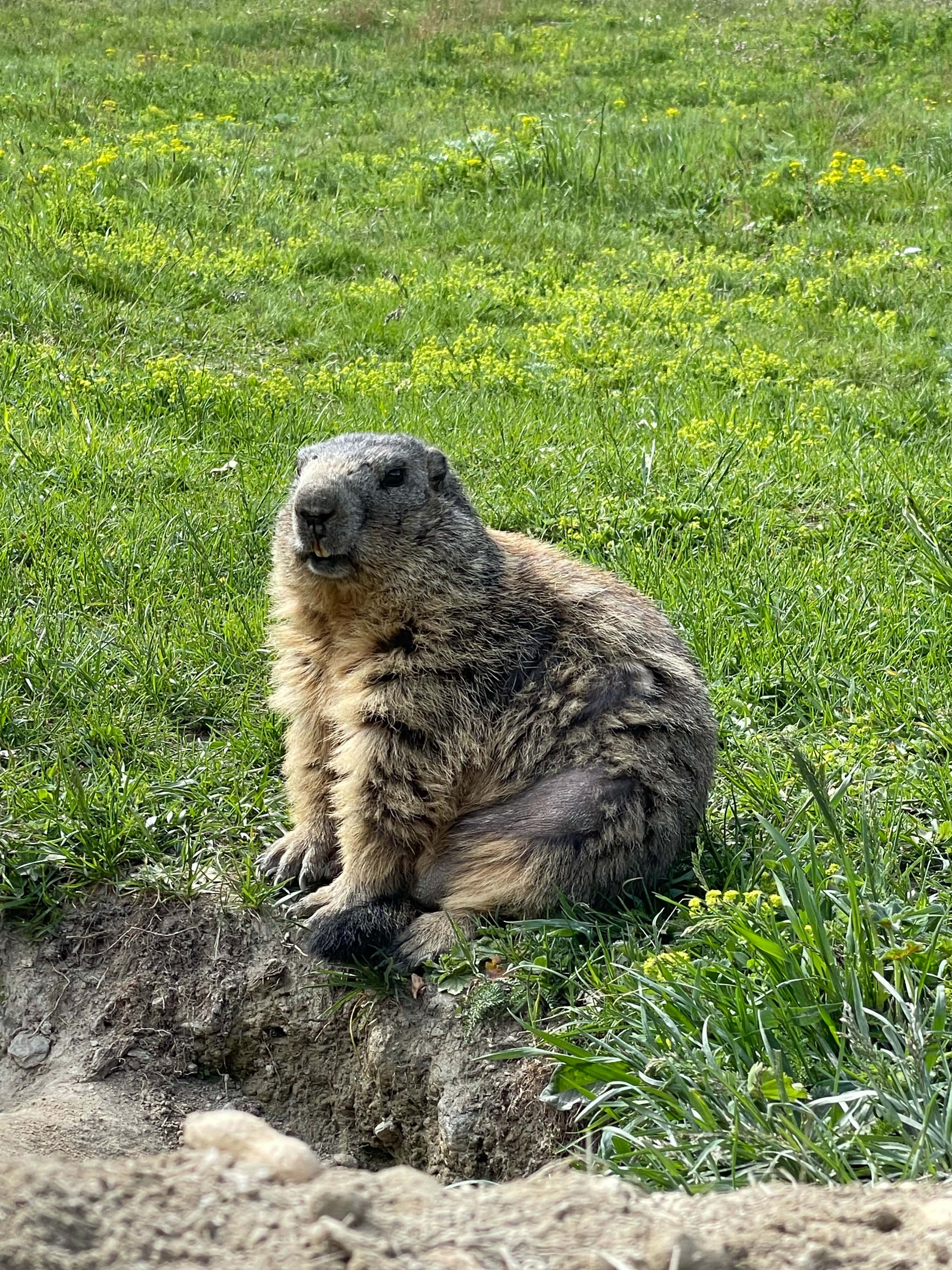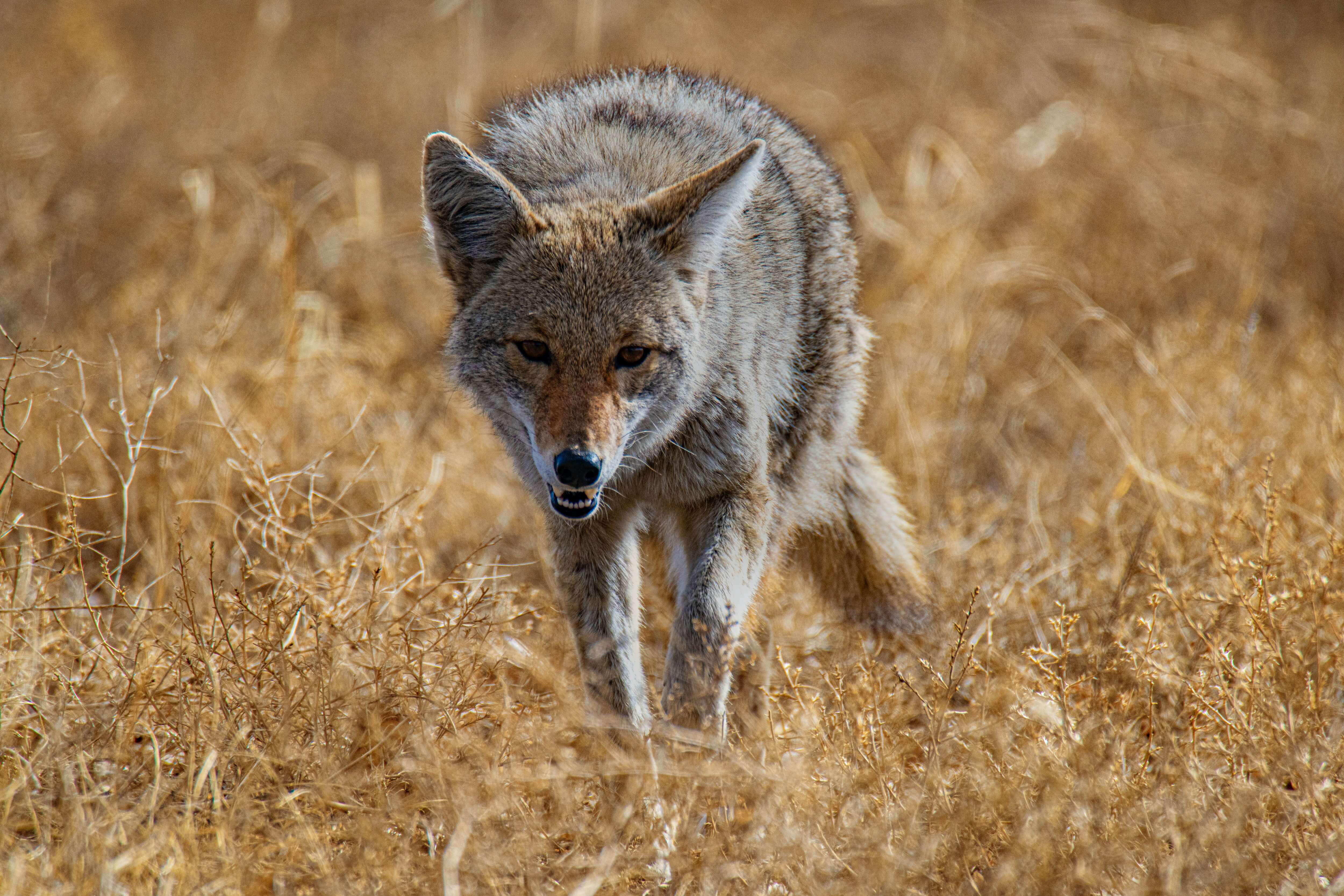Raccoon Prevention 101: How to Keep Raccoons Away From Your Property

As we head into the warmer months, raccoons become more active and are on the lookout for easy sources of food and shelter. As seen on this video that went viral, it's a great reminder of how persistent and dangerous raccoons can be when it comes to finding food and shelter. That's why it's important to take steps to prevent raccoons from invading your property -- luckily, we're here to help!
At Predator Guard, we specialize in wildlife management and have put together some tips to help you keep raccoons away from your property.
Tips and Tricks to Keep
Raccoons Away From Your Property
At Predator Guard, we specialize in wildlife management and have put together some tips to help you keep raccoons away from your property.
Secure Your Garbage Bins

Raccoons are attracted to the smell of food, so make sure your garbage bins have tightly sealed lids and are stored in an area that is not easily accessible to raccoons. Ideally, you should keep them in a garage or other enclosed area. If you have to keep your bins outside, consider using a raccoon-proof enclosure or placing heavy objects on top of the bins to prevent raccoons from knocking them over.
It's important to note that raccoons are smart and persistent animals, and they may still try to get into your garbage bins even if they are securely sealed. That's why it's crucial to dispose of food waste properly and avoid putting out your garbage until the day of pickup.
Remove Potential Food Sources

Raccoons will eat almost anything, including pet food, birdseed, and fruit. Remove any potential food sources from your yard and store pet food inside. Start by cleaning up fallen fruits and vegetables from trees and gardens in your yard. Make sure to dispose of them properly or compost them in a sealed container. Also, avoid feeding birds during the raccoon season, as birdseed can attract raccoons.
If you have pets, avoid leaving pet food outside, especially at night. Instead, feed your pets indoors and store their food in airtight containers. Raccoons are known to be able to open pet food bags, so make sure to keep the food in a secure location.
Finally, keep your yard clean and free of clutter. Raccoons can use debris and overgrown vegetation as shelter, so keep your lawn mowed and remove any unnecessary items from your yard.
Seal Entry Points

Raccoons are excellent climbers and can enter your home through small holes or gaps in your roof, foundation, and walls. That's why it's essential to inspect your home regularly for any potential entry points and seal them off.
Start by inspecting the exterior of your home for any holes or gaps in the roof, soffits, vents, or chimney. Raccoons can squeeze through openings as small as 4 inches, so make sure to seal even the smallest gaps with sturdy materials such as steel mesh or hardware cloth.
Next, check the foundation of your home and seal any gaps or cracks that could provide an entry point for raccoons. Pay attention to areas where pipes, wires, or other utilities enter your home and seal them off with caulk or foam.
Finally, inspect the interior of your home for any potential entry points, such as holes in walls or gaps around windows or doors. Make sure to seal these areas as well to prevent raccoons from entering your living spaces.
Sealing entry points is an essential part of raccoon prevention, as it not only prevents raccoons from entering your home but also helps to keep other wildlife out. If you're unsure how to identify potential entry points or need assistance with sealing them, consider hiring a professional wildlife removal service to help you.
Keep Your Yard Clean

Raccoons are attracted to cluttered and overgrown yards because they provide shelter and food sources. To prevent raccoons from being attracted to your yard, it's essential to keep it clean and well-maintained.
Start by keeping your lawn mowed and free of debris. Raccoons can use piles of leaves, branches, or other debris as shelter, so make sure to remove them regularly. You can also use a leaf blower to remove debris from hard-to-reach areas, such as under decks or sheds.
Next, remove any standing water from your yard. Raccoons are attracted to water sources and may use pools or bird baths as drinking sources. Make sure to empty any standing water regularly and cover pools or hot tubs when not in use.
Finally, avoid overfeeding wildlife in your yard. Raccoons may be attracted to food sources such as birdseed or pet food, so make sure to remove these sources from your yard or store them securely. If you feed birds, use a bird feeder with a raccoon baffle to prevent raccoons from accessing the seeds.
Use Animal Deterrents and Repellents

Animal deterrents and repellents are an effective way to keep raccoons away from your property. There are several types of raccoon deterrents available, including LED lights, ultrasonic devices, and predator decoys.
Solar LED lights are an excellent way to deter raccoons, as they startle them with sudden bursts of light. Place these lights in areas where raccoons are likely to enter your property, such as near garbage bins, bird feeders, or pet food bowls.
Ultrasonic devices emit high-pitched sounds that are unpleasant to raccoons but inaudible to humans. Place these devices in areas where raccoons are likely to enter your property, such as near entry points or food sources.
Predator decoys, such as owls or snakes, can also be effective in deterring raccoons. These decoys give the impression that a predator is present, which can scare raccoons away. Place them in areas where raccoons are likely to enter your property, such as near garbage bins or food sources.
It's essential to note that while these deterrents can be effective, they may not work for every situation. Raccoons are intelligent animals and may become accustomed to certain types of deterrents over time. Therefore, it's important to use a combination of different deterrents and change them periodically to keep raccoons on their toes.
In addition to deterrents, there are also several repellents that can help keep raccoons away from your property. These include natural repellents such as hot pepper spray or predator urine, as well as commercial repellents such as sprays or granules.
By following these tips, you can reduce the likelihood of a raccoon infestation on your property. If you're struggling with a raccoon problem, Predator Guard offers a range of effective animal deterrents that can help you solve the issue.
Shop our wide range of animal & pest deterrent and repellent products now!



